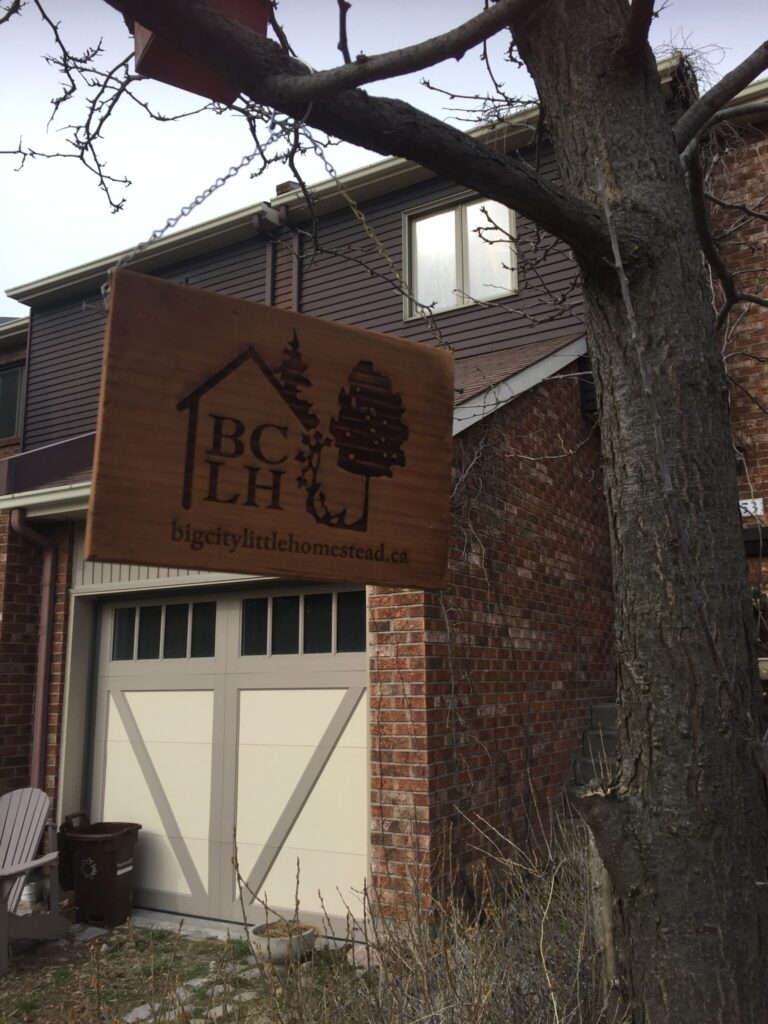This March, I avoided planting my garden seeds until this past weekend. Though I knew I was blowing the schedule for many seeds, I hadn’t done any additional homework about them until last week. I’ve not even completed the list, but the image above shows you the crops that I should have started earlier, based on our May 3rd frost-free date. See, last year, I thought frost-free was three weeks later; no wonder I had such a paltry garden.
Even starting late, it’s still worthwhile planting your own seeds. I found out last week that a lot of greenhouse seedlings are treated with neonicotinoid pesticides at the seed/seedling stage, and I don’t want anything that will harm native pollinators in my garden. So I used seeds I’ve saved, and some I bought.

Here is a little pictorial of how to plant rhubarb seeds (complete description at this link), which I collected when I was in Ontario and saw a plant that had gone to seed.
Continue reading


